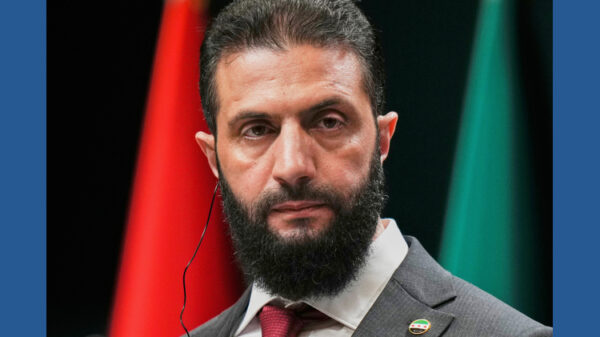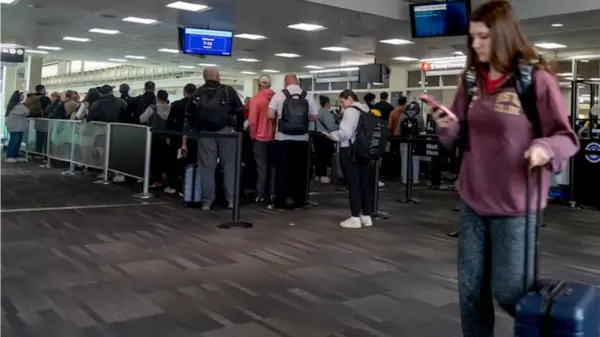Research has uncovered a significant link between chronic fatigue syndrome (CFS) and dysfunctional breathing patterns, suggesting a new avenue for potential treatment. Patients suffering from CFS often experience debilitating exhaustion and cognitive difficulties, particularly after physical or mental exertion, a phenomenon known as post-exertional malaise. The study, led by researchers at the Icahn School of Medicine, highlights that nearly 71% of chronic fatigue patients exhibit some form of breathing dysfunction.
The study involved 57 patients diagnosed with CFS and 25 control participants matched by age and activity levels. Participants underwent cardiopulmonary exercise tests over two days, during which researchers measured vital metrics such as heart rate, blood pressure, oxygen intake, and breathing patterns. The findings revealed that while both groups had similar oxygen intake levels, chronic fatigue patients were significantly more likely to experience breathing irregularities.
Identifying Breathing Dysfunction in Chronic Fatigue
During the exercise tests, nearly half of the CFS participants exhibited erratic breathing patterns, a stark contrast to just four individuals in the control group. Additionally, a third of the chronic fatigue patients were found to hyperventilate, while only one control participant displayed this issue. The study identified that nine patients with CFS experienced both dysfunctional breathing and hyperventilation, a combination not observed in any control subjects.
Dysfunctional breathing can manifest in various ways, including rapid breathing, deep sighing, and a lack of coordination between the chest and abdomen during respiration. This condition can lead to symptoms akin to those of chronic fatigue, such as dizziness, concentration difficulties, and pronounced fatigue. The researchers propose that these breathing abnormalities may not only worsen existing symptoms but could also play a role in triggering post-exertional malaise.
Pursuing Treatment Options for Breathing Disorders
Dr. Benjamin Natelson, senior author of the study published in Frontiers in Medicine, emphasized the importance of identifying these breathing issues. “Nearly half of our chronic fatigue subjects had some disorder of breathing—a totally unappreciated issue, probably involved in making symptoms worse,” he stated. The research aims to pave the way for new treatment strategies that could alleviate symptoms by addressing dysfunctional breathing.
The scientists speculate that dysautonomia, which affects the autonomic nervous system’s control over blood vessels and muscles, could contribute to the irregular breathing observed in chronic fatigue patients. Dr. Donna Mancini, the study’s first author, noted that “it is well known that chronic fatigue syndrome patients often have dysautonomia in the form of orthostatic intolerance.” This condition can raise heart rates and lead to hyperventilation.
Moving forward, researchers are considering various therapeutic approaches to improve breathing function among CFS patients. Techniques such as breathing exercises, yoga, and gentle physical conditioning—including swimming—might offer some relief. Additionally, biofeedback methods could help patients monitor their breathing patterns, allowing them to adjust their breathing to healthier levels.
As this research progresses, the potential for targeted interventions to alleviate chronic fatigue symptoms becomes increasingly promising. Understanding the connection between dysfunctional breathing and CFS could lead to innovative strategies that enhance patient quality of life, marking a significant step forward in the management of this complex syndrome.
For further details, see the full study: “Abnormal Breathing Patterns and Hyperventilation are Common in Patients with Chronic Fatigue Syndrome during Exercise,” published in March 2025.





































































